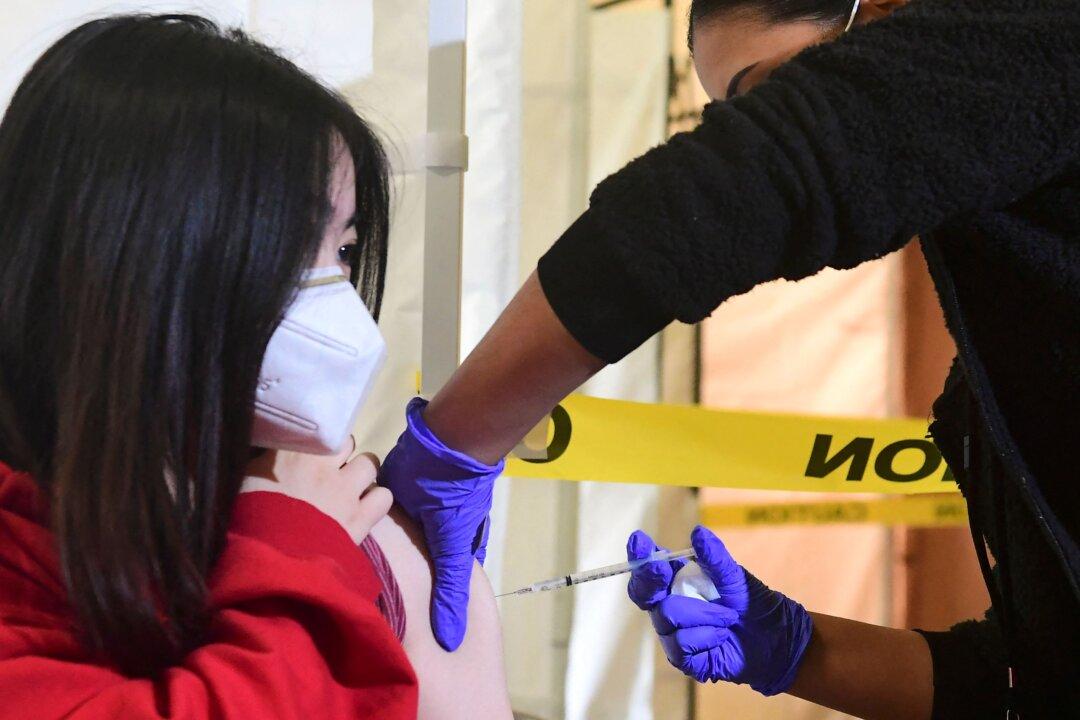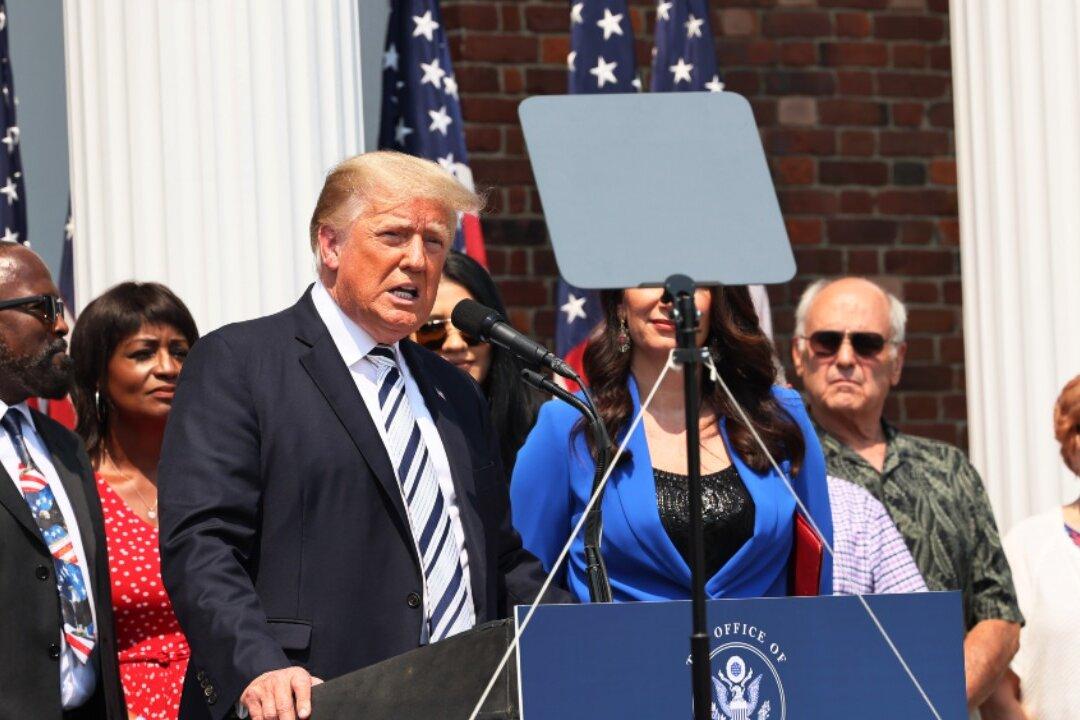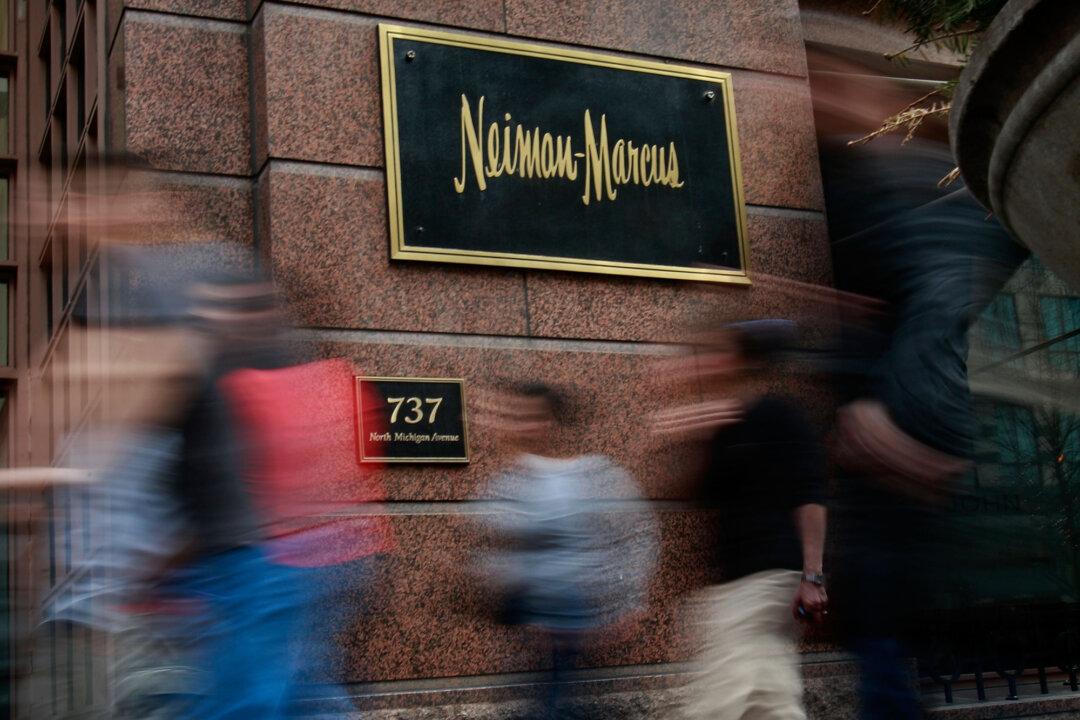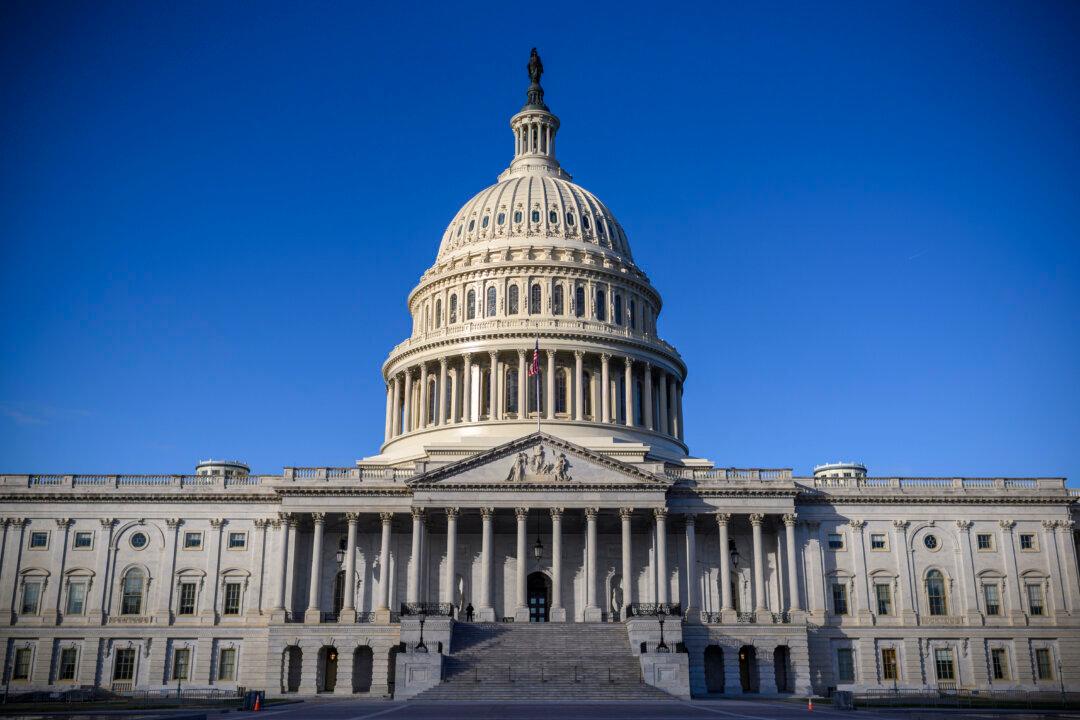A federal advisory panel approved the use of the Pfizer vaccine on children aged 12 to 15 on May 12.
The Advisory Committee on Immunization Practices, which offers assistance to the U.S. Centers for Disease Control and Prevention (CDC), voted unanimously, 14–0, in favor of the vaccine, saying that after evaluating trial evidence, it showed no cases of severe allergic reactions or Bell’s Palsy on the age group, and none of them contracted COVID-19.




